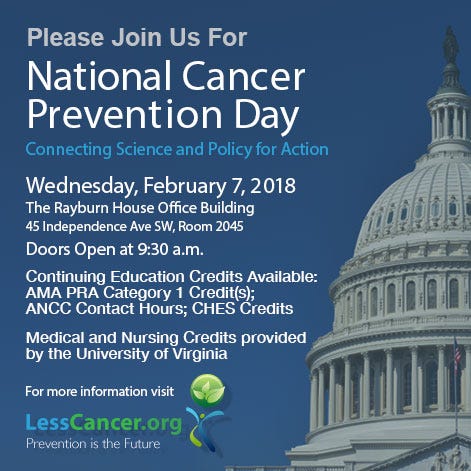
Photo by Sebas Ribas
In our digital age, it is all too easy to share or retweet an article or a social media post full of myths, rumors, conspiracy theories, opinions, and misleading news. Recent hot topics have revolved around click-bait, bots, “fake news,” and “alternative facts,” demonstrating that the viral inevitability of information does not depend on its quality. Reliable and accurate information is critical in times like these.
Evidence-based medicine relies on vigorous and innovative scientific research that is fair, balanced, and unbiased, coupled with providers’ experiences and patients’ needs and concerns to determine appropriate treatment plans. Continuing education keeps health professionals up-to-date on current best practices and new discoveries to provide patients with the best possible level of care and achieve better outcomes for them.
It is all about the patients. It truly is…which is why it matters who is involved in the conversation. Every single person is a patient at some time or another. You hope for efficient, well-run offices moving you from registration to your appointment with little lag time. When you are sitting there on a roll of paper in your ridiculous paper gown, unable to remember if they said the opening in the front or the back, waiting in the coldest room possible or when you are heading to a CT scan or a blood draw, you hope your nurse, physician, lab technician, and other care providers have the best possible knowledge, the sharpest skills, and excellent patient outcomes. (You also hope they have warm hands and stethoscopes.)

Evidence-based medicine is central to optimal healthcare. It also means inviting many professions, businesses, organizations, and state and federal agencies to the table. Next week, we have an opportunity to gather people from many sectors to discuss the important topic of cancer prevention.
I do not think there is a single person who has not been touched directly or indirectly by cancer. Cancer is far-reaching and non-discriminating. But did you know that more than 90% of cancers are preventable? At least 90%!! of cancers DO NOT HAVE TO OCCUR. Yet, cancer conversations are about curing, treating, fighting, and slowing the growth.
What if we shifted our conversations from fighting cancer to preventing it in the first place? What if fewer people were diagnosed with cancer? What if cancer treatments were not driving up insurance costs and individual cost burden? What if our healthcare centers and workers were there if we needed them but encouraged us to live healthy lives to prevent us from having to visit them?
Next Generation Choices Foundation, better known as Less Cancer, promotes a paradigm shift from cancer awareness and treatment to risk reduction and prevention. Less Cancer’s goal is simple: fewer cancer incidences or…less cancer.
Less Cancer was instrumental in the designation of Cancer Prevention Days in Virginia, New Hampshire, Michigan, and New York as well as National Cancer Prevention Day (February 4th), a resolution first introduced in the U.S. Congress in 2012 by Rep. Steve Israel of New York.
The National Cancer Prevention Day Workshop gathers legislators, healthcare professionals, researchers, students, parents, teachers, lawyers, and many others to learn about and discuss cancer prevention through risk reduction at the micro and macro level and promote wellness through lifestyle modification and healthy behaviors.

Town Hall moderated by news journalist Miles O’Brien on The changing landscape of regulatory, state/localities, and non-profit sector focusing on environmental carcinogens.
Special panel on Community Health as Cancer Prevention covering social support systems, community wellness, rural cancer disparities, HPV clinical trials, and health choices for youth.
Other prevention topics including: HPV vaccine and males, HIV/AIDS and increased cancer risk, high risk breast cancer, pancreatic cancer, cancer clusters, and others.
The workshop is held in conjunction with the Cancer Prevention Caucus on February 6th from 10–11 am. Join us in our efforts to connect science and policy for action! Ways to join: in person, live stream both events on Less Cancer’s Facebook page, or online as an enduring activity.

Leave A Comment
You must be logged in to post a comment.